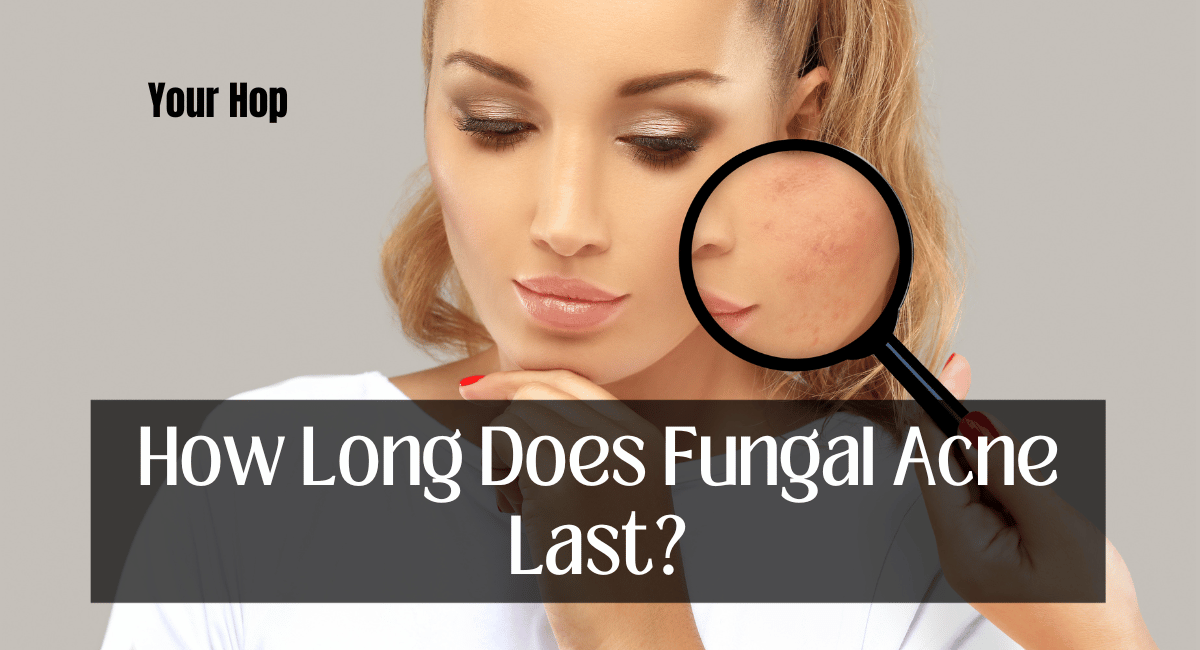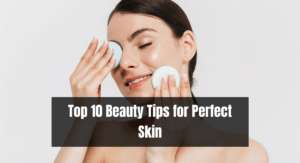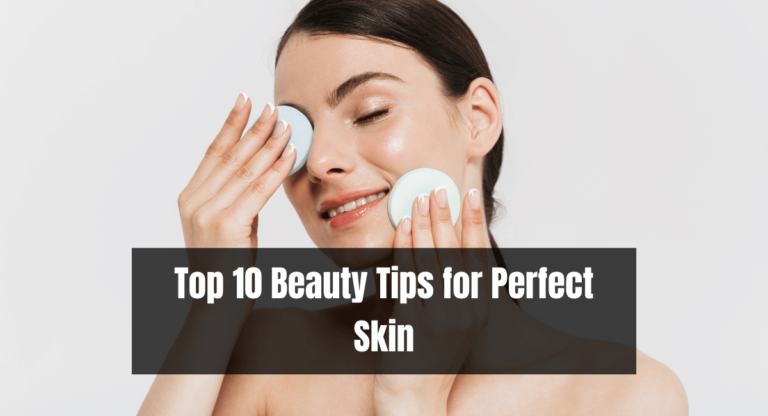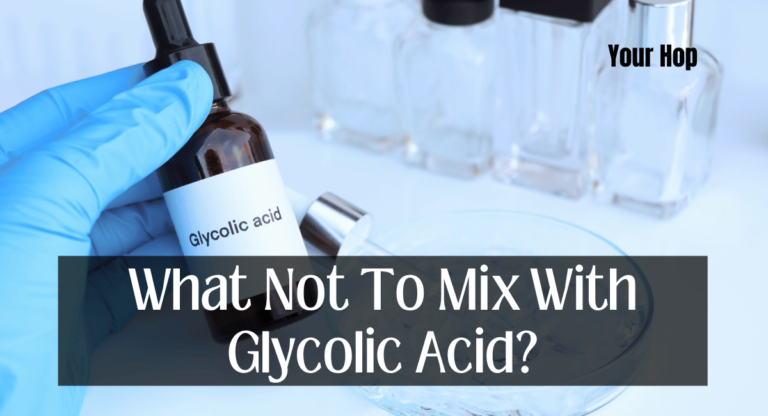Pityrosporum Folliculitis, usually known as fungal acne, is a skin condition that can be perplexing and aggravating. It frequently appears to be typical acne but is caused by a yeast overgrowth on the skin.
If you have fungal acne, you wonder how long it will continue and how to cure it efficiently. In this article, we’ll go over the specifics of fungal acne, including its length, treatment, and prevention.
How Long Does Fungal Acne Last?
It’s hard to say how long fungus acne will last because it’s like any other annoying skin problem, like regular bacterial acne. The time it takes for fungal acne to clear up varies from person to person. It may take a few weeks to months to feel better if it’s caused by changes in the weather or stressful events in your life.
But with the right care, that time can be cut down by a huge amount. If you use antifungal washes or creams to treat the problem, you should start to feel better in two to four weeks.
What Causes Fungal Acne?
Malassezia is a kind of yeast that often shows up on the skin. It doesn’t usually bother the skin, but in some situations, it can cause fungus acne, which is an infection and irritation of the skin.
Healthcare professionals don’t fully understand why yeast gets into hair shafts, but they do know that yeast grows quickly in places that are hot and sweaty. As a result, people who live in hot, muggy places are more likely to get fungal acne.
You may also get fungus acne if you wear sweaty clothes for too long, re-wear used workout clothes, or choose clothes that don’t let air flow well, like synthetic fabrics. Wearing clothes that are too tight or barely fit can also raise your risk.
This kind of yeast gets its food from sebum, which is skin oil. Fusiform acne is more likely to happen if you have oily skin or use sunscreen or makeup that adds extra oil to your skin. Teenagers are more likely to have fungal acne because the body makes more sebum when they go through hormonal changes during puberty.
Not taking care of your health and having a weak immune system can both make fungal acne worse. Men are more likely than women to get fungal acne.
Medications
Even though it doesn’t happen very often, some medicines can make you more likely to get fungal acne. Antibiotics taken by mouth, which are sometimes recommended for regular acne, can make fungal acne worse.
This is because the antibiotic kills off the good bacteria on your skin that help keep the amount of yeast on your skin in check. If there aren’t any good bugs around to keep yeast in check, it can grow very quickly.
When you take oral steroids like prednisone, they weaken your immune system. This means that you won’t be able to handle yeast overgrowth as well.
Oral contraceptives can raise the body’s estrogen level, which changes how much oil the skin makes and makes it more likely for yeast to grow too much.
Underlying Conditions
If you have a disease that weakens your immune system, like HIV, you may be more likely to get fungal acne because your body can’t stop yeast from growing too much.
If you have a weak immune system and start to notice red, itching bumps, you should see a doctor.
Symptoms Of Fungus Acne
Fungal acne symptoms are frequently confused with those of ordinary acne. Here’s how you can tell them apart:
Symptom: The Size Of The Blemishes
- Fungal Acne: Small, pus-filled pimples.
- Regular Acne: Blemishes and their sizes vary in regular acne. In severe cases, large cysts might form.
Symptom: Clusters
- Fungal Acne: Fungal acne is characterized by tiny clusters of whiteheads.
- Regular Acne: Acne that appears sporadically across the face is known as regular acne.
Symptom: Location
- Fungal Acne: This type of acne can appear anywhere on the body. This is most common on the arms, chest, and back.
- Regular Acne: Acne is most commonly found on the face.
Symptom: Itchiness
- Fungal Acne: Fungal acne typically itch.
- Acne on a regular basis: It rarely itch.
Because fungal acne is caused by a yeast overgrowth, you may also have other fungi-related symptoms such as dandruff and psoriasis. A terrible burning feeling may also result from the outbreak.
What Is The Treatment For Fungal Acne?
Oral Antifungal Medication
Oral antifungal medications operate by either directly killing or inhibiting fungal cell development. Azoles are the most widely utilized because they inhibit enzymes that aid in the formation of the fungal cell membrane. This drug is used orally as directed by your doctor. The advantage of oral acne treatment is that it is quick and effective.
Topical Antifungal Creams On Prescription
If over-the-counter medications do not help your fungal acne, your doctor may prescribe a stronger topical medicine. Ketoconazole 2% is widely given and is used twice a day for 2 to 3 weeks to help minimize yeast development on the skin, which should eliminate fungal acne, also known as fungal folliculitis. However, whatever triggered the fungal acne could cause it to reoccur.
Dietary Changes
An antifungal diet includes limiting your intake of things that promote yeast development, such as refined sugar and white wheat. While it is not necessary to completely avoid these food groups, balancing them with other nutritious foods such as fruits, vegetables, cereals, and lean meats may benefit your skin.
Shampoo Or Body Wash With Antifungal Properties
Antifungal shampoo and body wash can aid in the slowing of the growth of the fungi that cause infection. Most products are available over-the-counter, but others may require a doctor’s prescription. They are applied to the affected area and then washed away either immediately or after a few minutes. While these products might be quite effective, using them too frequently can result in unwanted effects such as skin irritation. These can also be used to keep fungal acne from recurring.
Oil-Free Moisturizer
Oil-free moisturizers are excellent products since they hydrate the skin without adding additional oil that could become trapped in hair follicles. These are available over the counter and can be incorporated into your daily skincare routine.
The duration of fungal acne can be frustrating, but with the appropriate strategy, it can be efficiently handled. Understanding the illness, getting proper therapy, and making necessary lifestyle modifications are all crucial measures. Keep in mind that everyone’s experiences will differ, so it’s critical to be patient and consistent throughout the healing process.
Thanks for reading. I hope you find it helpful.






